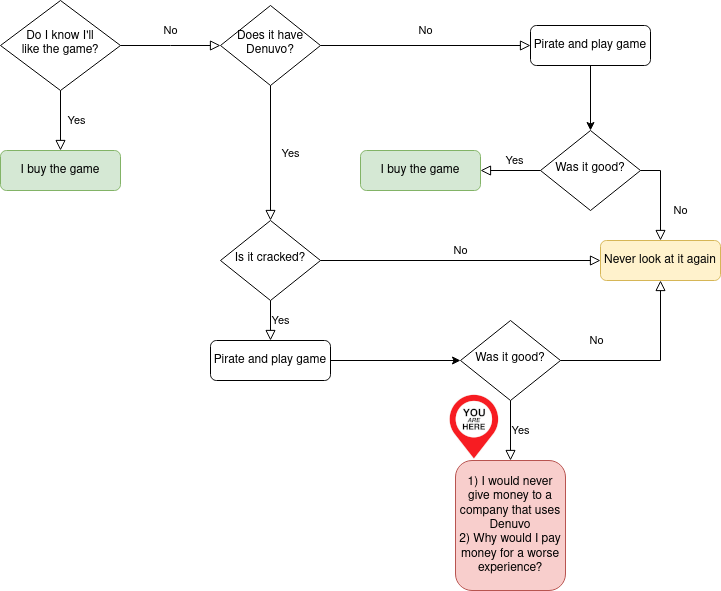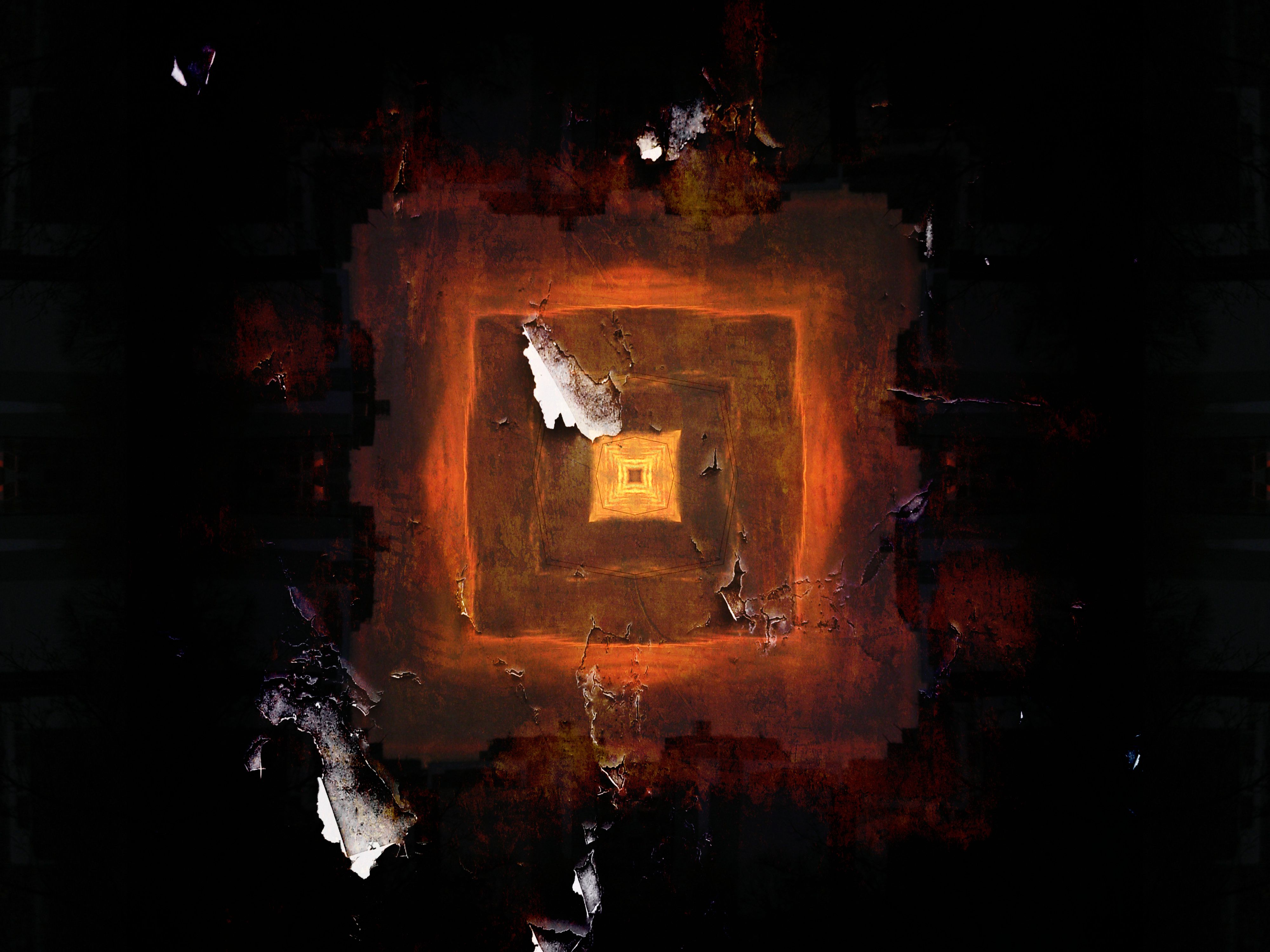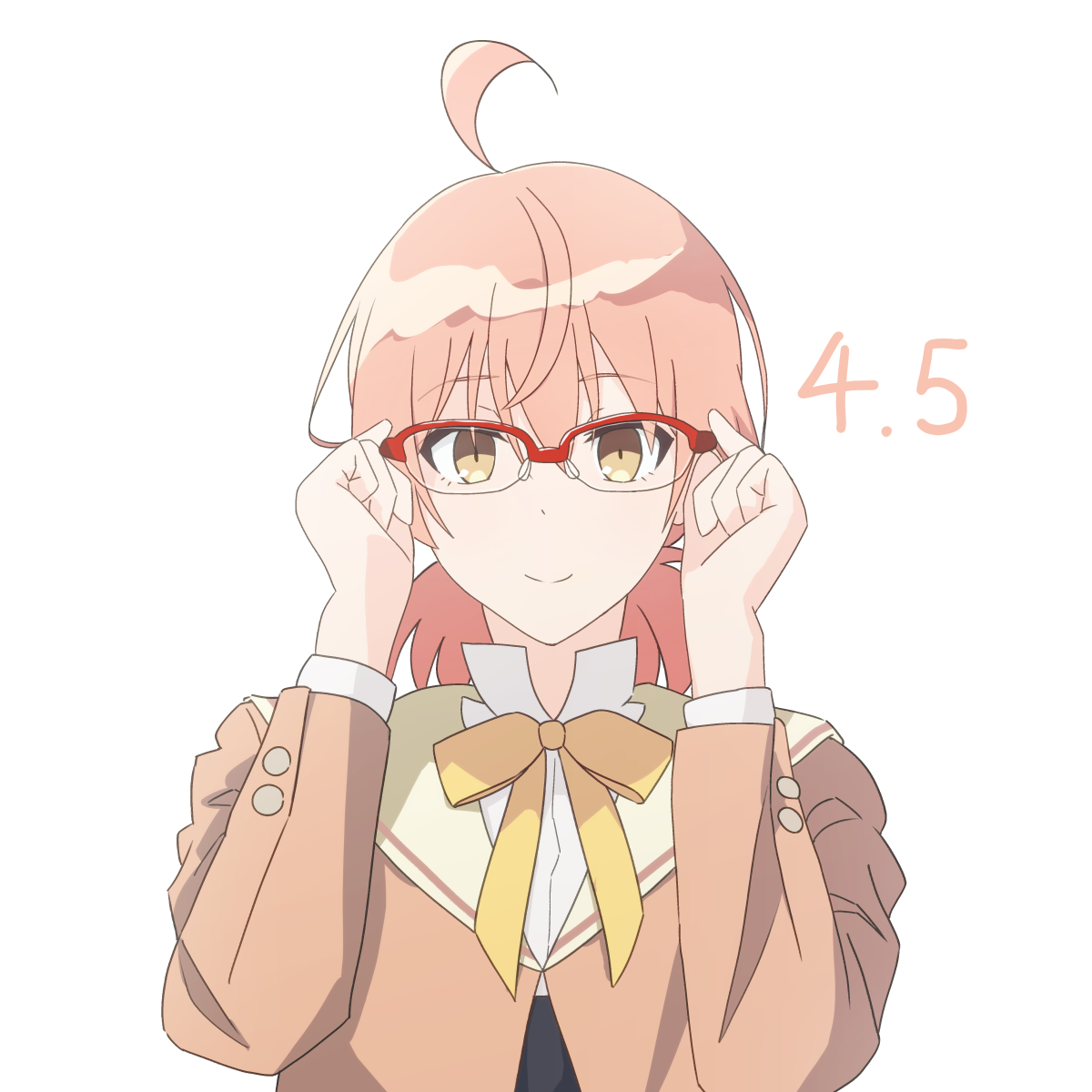But removing Denuvo DRM after 12 weeks ‘causes zero mean total revenue loss.’
It’s harder to measure of course, but I wonder how that compares to the amount of sales they lose from people who just don’t bother buying the game when they find out it has Denuvo? I know I recently lost all interest in two games (Civ VII and Kingdom Come: Deliverance II) when I found out they were launching with Denuvo and I assume I’m not the only person who does that.
From the paper (proton drive file) https://drive.proton.me/urls/Z6DPGQCZ0M#GxZ6dDb2oV5W
The results suggest that Denuvo does protect legitimate sales to an estimated mean of 15 percent of total revenue and median of 20 percent, but there is little justification to employ Denuvo long-term (i.e. for more than three months), especially given that Denuvo can have negative technical side effects and is generally disliked by users.
Did this highly scientific study contemplate the possibility that this is in part the result of people feeling like they’re more justified in turning to piracy if a game is burdened with Denuvo?
Spoiler: It does not, so far as I can tell at first glance. It appears that the model is constructed entirely from DRM-crippled games that got cracked, and then then the estimate of how much revenue would be lost by going DRM-free from the start is extrapolated from that based on the assumption that it makes no difference. Maybe it’s true, but the acknowledgement that it “can and often does cause problems, and some developers have chosen to avoid Denuvo altogether because it had such a negative impact on how well their game would run” sort of suggests otherwise.
https://abs.freemyip.com:84/share/_5WuM4QF — be careful following strange links you found on lemmy, but this appears to be the pdf.
No one want to play a game with denuvo, of course
They will never include that math in corpo propaganda…
Handy dandy diagram for any execs that are confused

Why anyone want to play the game they hate?
“Does it have denuvo (or any other form of malware, including microtransactions)” should be the first question.
If the answer is yes, never look at it again, and permanently blacklist both developer and publisher.
If the answer is no, then go on with the rest of the diagram.
Not everybody follows that same diagram.
On one end of things, many people don’t care at all if a game has Denuvo.
On the other end, many pirates won’t buy a game they pirated even if they liked playing it.
“Many” so what’s your source for this?
Also I have bought a bunch of games and I still pirate sometimes what are you talking.
Common sense logic kinda dictates that once people have obtained a product, they’re unlikely to go back an pay for the same product even if they liked what they got the first time. The only outlier I have seen, is with small(er) indie games where people are more likely to offer support. Someone pirating a AAA title, liking it and then buying it shortly after at full retail is pretty rare i would say.
Now that you mention indie games, I think it’s important to distinguish intents and showcase how publishers are shooting themselves in the foot.
Someone who pirated an indie game (why tho?) and liked it, is more likely to pay for it because indie publishers also provide better medium to pay for the actual software, or contribute to the actual developer, with fewer middlemen and rent-seekers. If someone pirated an AAA game and liked it and wanted to buy it, their options are still limited due to one of the main reasons of having pirated the game in the first place. At prices of, like, US$ 60 lol, hey’d have to wait until a Steam supersale or smth…
What’s yours? This whole “pirates are also buyers” is just a cop-out, but sure your anecdotic experience is valid proof against the more logical alternative
Me, my friends, all first hand sources. I bought AC Origins, Cyberpunk 2077, RDR2, COD MW 2019, COD Infinite Warfare. More curious about yours cause you mention cop-out you saying from first hand experience lol? Logical what, your own kinda logical like wdym. Origins is like the only denuvo title I ever bought cause I don’t see any boundaries unlike you. You seem to be caught up in a logical cage and can’t take any other pov that doesn’t fit yourself.
I say it again, people will buy the product if they like it. They don’t know if they will like it so they get a pirated version to test it. Solution: Return of the demo disks
All I know is piracy definitely has an impact on bad games/products and if you give the consumer something worth buying, they will most definitely buy it if or when they can afford to.
They might also recommend it to their friends or talk about it online which lead to additional sales that would not happen if they didn’t sail the high sea.
How is that even measured when you see big budget games with DRM flop and games without DRM get crazy sales. Do consumers who pirate but are willing to pay full price for a game even that significant?
Source: their ass
Simple: it has nothing to do with DRM (unless the DRM is actively making the experience worse, which Denuvo is known to do) and everything to do with creating a good, unique and enjoyable game that doesn’t feel like a live-service-for-no-reason, microtransaction-riddled, bug-infested, alpha-quality-software-presented-as-release, cash grab, which is what most triple A studios seem to focus on creating these days.
Nice
its funnier when you just don’t buy or play Denuvo games out of principal and let them fail for the lulz.
They do not have sales data, so they use two different proxies: number of reviews, and number of active players.
I don’t see mention of how they get the number of active players. I’m assuming it’s through stats in Steam or something similar. If that’s the case, then their assumption of this number being biased towards being larger than the true number would be wrong. If you choose to both pirate and buy the game, chances are good that you’ll be playing the pirated version, and therefore would not get counted towards active players.
In my case they’re facing a 100% revenue reduction regardless of when (or whether) it’s cracked.
I’m never going to buy denuvo infested malware, and developers and publishers who try to pull this shit go straight into the blacklist.
Something to consider is that they don’t consider people not buying their games as revenue loss in these studies because most of these studies are deliberately fudged to support their narrative. They can’t do anything about people just not buying their games, they wish they could but they also aren’t going to say it out loud because it doesn’t help their cause.
Now that I think about it, the cause-and-effect here is probably being viewed all wrong.
What likely happens is that a game comes out to overwhelming expectations, and the greater those player expectations are met, the more word-of-mouth gets around about the game. Thus, games that deserve to do well make more money, and pirates are less motivated to work on a crack right away.
If player expectations are not being met, the less success the game receives, and the more motivated pirates are to crack it (driven by their disgust at bad software).
The above scenarios probably do a good job of accounting for 20% of the revenue for a game.
Modern denuvo games aren’t being cracked anymore. It only happens if the devs accidentally publish a just before launch release accidentally
Actual title: studios make 10/8 = 125% percent of what they normally do if they add malware, and it gets buy it up because marketing, FOMO, etc.
Edit: grammar was previously fucked.











